Why is big pharma fighting the legalization of weed? It may seem crazy to think of it this way, but in this day and age, we’re going through our own sort of prohibition. But this time it’s not for alcohol, it’s for marijuana. In a recent interview, Giadha Aguirre de Carcer, founder and CEO of New Frontier Data said big pharma stands to lose $18.5 billion if all 50 States legalize medical marijuana.
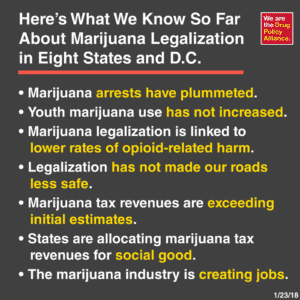
Scientific research has revealed a plethora of health benefits that can be reaped from regular marijuana use. But these facts haven’t been enough to convince everyone about its usefulness and validity. And it will come as no shock that one of the biggest naysayers about the marijuana industry is (you guessed it) the biggest pharmaceutical companies in the country.
But why is big pharma fighting against the legalization of weed with such passion? Simply put, it hurts their bottom line.
As with so many political issues in this country, it all comes down to money, certainly not moral high ground. But the full truth about how and why the biggest pharmaceutical companies are fighting back against weed legalization is a little more complicated.
Keep reading to find out more.

Legalization of Weed
A Startling Example
Let’s rewind to the months directly before the 2016 presidential election. Did you know that the biggest personal campaign donation ever in history was made?
It was a donation of $500,000 from Insys Therapeutics in opposition to Arizona’s recreational marijuana initiative. And with a donation this big, they meant business.
So, who are Insys? Their best-known product is called Subsys, which is a fentanyl-based spray created for use from cancer patients.
And if fentanyl sounds familiar to you, it’s because you’ve heard about it in the news recently. It’s causing a surge of addiction and overdoses around the United States. It’s difficult to find any state untouched by the grasp of this powerful synthetic opioid.
As a result of this donation, Arizona was the only state where this initiative did not pass (the other eight states in the running did). But why did Insys make such a large donation in opposition to the legalization of marijuana?
It won’t surprise you to learn that Insys’ latest drug at the time, Syndros, is a synthetic version of what else but… THC! Now everything is starting to make sense.
This big pharma company donated half of a million dollars in order to stop an initiative that would create natural competition for their synthetic counterpart. Even now, Insys is creating another synthetic, marijuana-based drug, this time with CBD.
This is a disturbing recent example of how big pharma is trying to destroy the medical marijuana industry. And, of course, with the sole interest of their own bottom line.
Products from the Biggest Pharmaceutical Companies That Decline When Weed Is Legal
Synthetic marijuana products aren’t the only medications that would take a tumble if weed were legal. These other drugs would find their sales hurting as well.
Anti-Depressants & Anti-Anxiety Meds
Depression and anxiety, in many forms and at many levels, affect millions of Americans. According to the Anxiety and Depression Association of America, General Anxiety Disorder affects 6.8 million adults.
Social Anxiety Disorder affects 15 million, and Major Depressive Disorder is at a whopping 16.1 million. PTSD is a part of 7.7 million American adult’s lives.
Those huge numbers mean that there’s a huge opportunity for big pharma to make big money. However, many people find that marijuana is a fitting alternative to medications like Xanax and Zoloft. And when weed is legal, the country sees a decline in prescriptions being handed out for these types of medications.
Pain Killers
At the top of the list for most addictive prescriptions out there are these medications. From codeine to hydrocodone to our old friend fentanyl- painkillers are addictive on their own. But they can also lead to addictions to other dangerous street drugs.
The medical benefits of marijuana for calming and managing pain is big competition for these drugs.
Meds That Treat Seizures
You heard right- marijuana is quite the miracle medicine when it comes to treating people who suffer from seizures. And like the other drugs on this list, the biggest pharmaceutical companies out there have a monopoly on these sorts of treatments.
The legalization of weed could mean big trouble for many of these drugs.
Sleeping Pills
If you’re a marijuana user yourself, especially those strains in the Indica varieties, you know how sleepy it can make you. For this reason, it’s considered big competition for prescription sleeping pills, like Ambien and Lunesta.
Sleeping pills are easy to prescribe (think about it- who doesn’t have trouble falling asleep from time to time). So replacing these pills with marijuana would mean big trouble for big pharma.
So What’s the Latest?
Public comments are being seeked out by the Trump Administration on marijuana reclassification, the U.S. Food and Drug Administration (FDA) is asking for public comments about the “trafficking, actual abuse, medical usefulness, abuse potential, and impact of scheduling changes on availability for medical use” of cannabis and several other substances now under international review. Public comments on marijuana’s effects and legal status will be considered in preparing a report from the United States to the WHO (World Health Organization) regarding the diversion of these drugs and abuse liability. WHO will then use the info to recommend that certain international restrictions be placed on these drugs.
In Geneva next month, the WHO’s Expert Committee on Drug Dependence (ECDD) will consider the classification of marijuana, and is now seeking to gather information on status of national control, harmful use, the legitimate use, and potential impact of international control, the United Nations body commented in a notice excerpted in the FDA filing.
What if the US House get Control?
Experts suggest if the United States House of Representatives flips, federal cannabis reform could follow. Marijuana proponents believe if the United States House of Representatives breaks the deadlock on federal reform, the US Senate will follow because it recognizes that the majority of Americans favor legalization.
Wrapping Up
When the facts are considered plainly, it’s easy to see why America’s biggest pharmaceutical companies are fighting against the legalization of weed. It hurts their business, and there’s nothing more to it.
By replacing or diminishing the sales of many common prescription drugs and preventing the sale of their own synthetic marijuana drugs, these big pharma companies would experience a massive blow to their wallets. It’s no wonder or surprise that they would be fighting so hard to keep it where it is- classified as a Schedule I drug alongside heroin, LSD, ecstasy, and meth.
It can be both sad and humbling to realize we live in a world where the manufacturers of drugs that are meant to help people heal are, in fact, often only interested in lining their own pockets. But it’s also a reality that we all deserve to know about.
Have any questions or comments about this article? Or need a cannabis consultant? Contact us anytime and we’d be more than happy to chat.

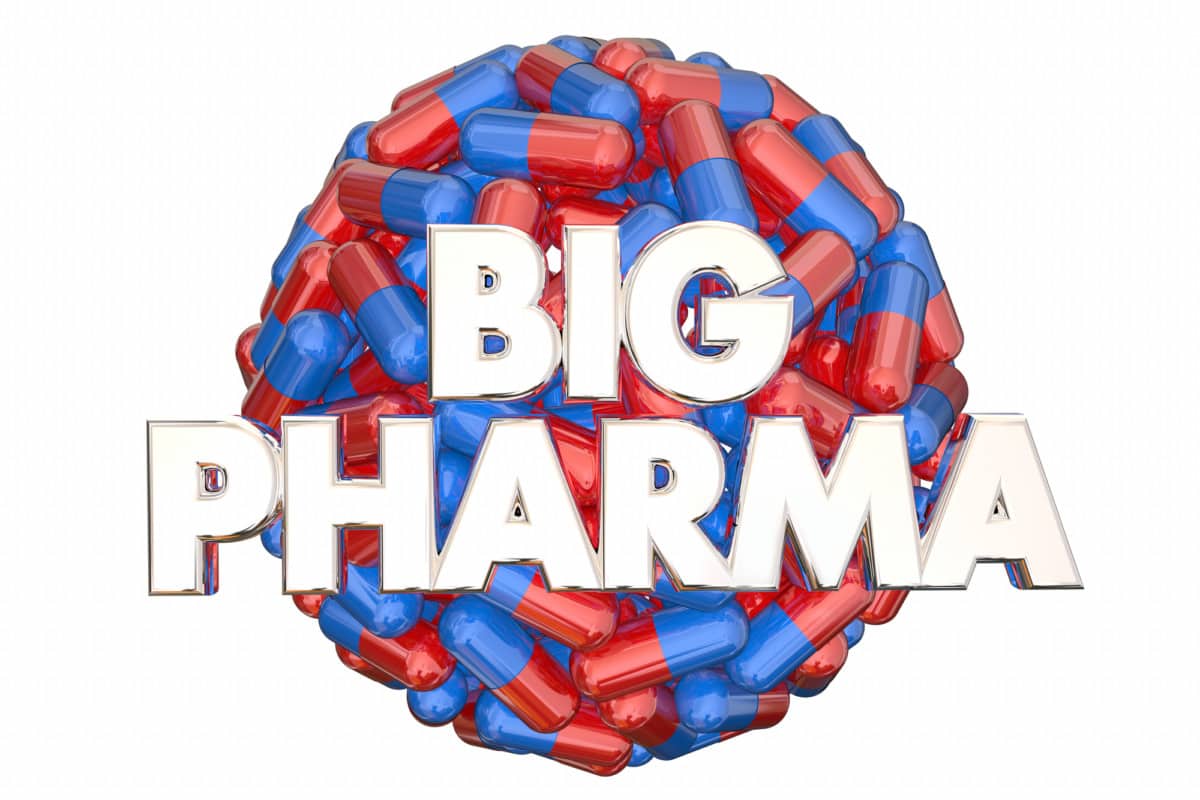





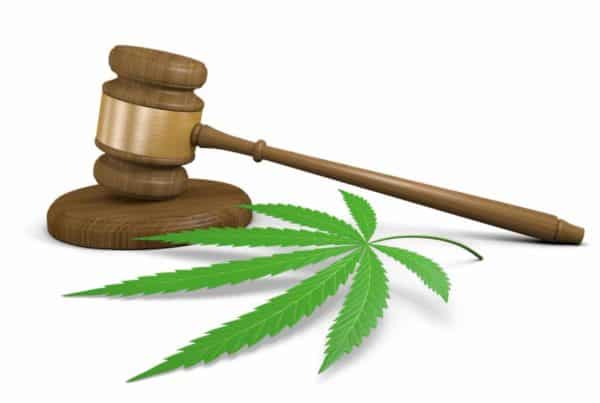
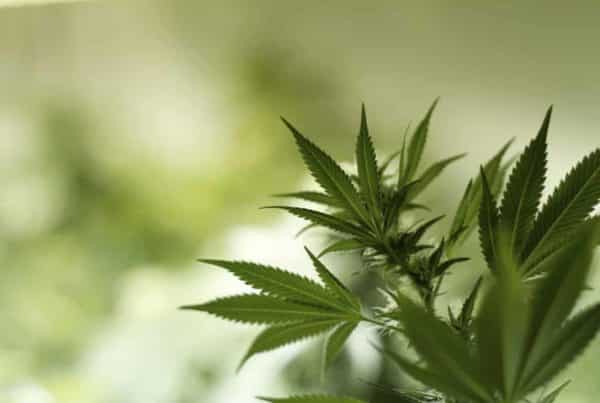
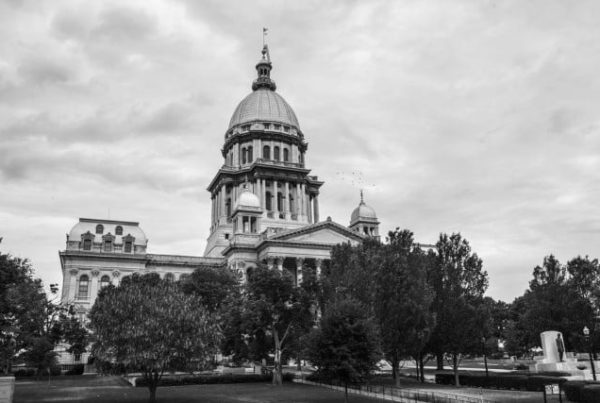
I heard there is a clause with pharmacutical companies so weed cannot be legalised?
Since cannabis is still considered a Schedule 1 narcotic pharmaceutical companies cannot participate due to it being illegal still. If the pharmaceutical company had a state license then they can only sell within that state.
Big Pharma is a most lucrative business that uses the Federal Government as a shield to protect itself from lawsuits. This, while it milks taxpayers for billions of dollars a year . What other business gets to give out poison to people on a regular basis, [see the movie Vaxxed] and no one ever go’s to prison. Not to worry though, Medical Pot is here to stay and will only get bigger. Put that in your Pipe !